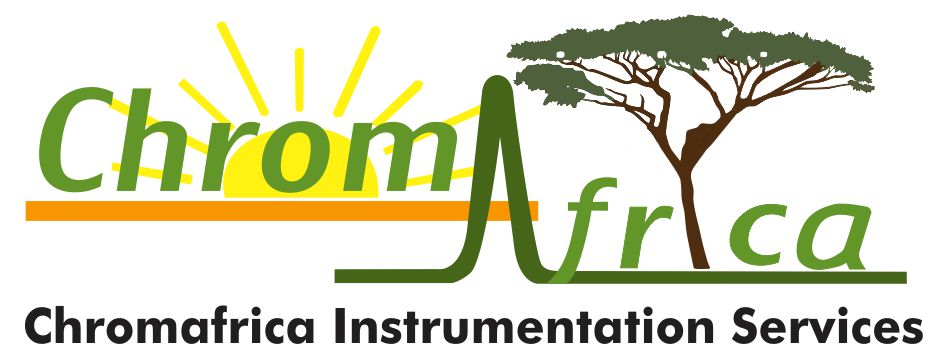PCR(qPCR & RT-PCR) Theory, Operation and Troubleshooting Training
Date : 22nd -26thApril 2024
Registration date : 12th April 2024
Venue : West Kenya Cancer Care Research Centre (WKCCRC),Kisumu, Kenya
COURSE OVERVIEW
This 5-day training is designed to provide a solid understanding of specific topics through presentation and laboratory work.Participants will gain significant experience in the performance of laboratory techniques taught in this PCR training. Through integrated learning methods, utilizing hands-on training to reinforce lecture material, participants will be able to apply information learned in the into applications in their own laboratories. During this training participants will learn the process of amplification by learning theory and techniques for PCR.Following this training, participants will be able to perform PCR reaction in their own laboratories, troubleshoot experiments, design primers and determine reaction conditions. We will cover critical requirements for amplification, thermostable DNA polymerases, reverse transcriptase reactions, cloning of PCR products, primer design and mutagenic PCR.
GOALS AND OBJECTIVES OF HANDS-ON TRAININGRELATED TO PCR (Polymerase Chain Reaction), WITH A FOCUS ON qPCR (Quantitative PCR) and RT-PCR (Reverse Transcription PCR).
1.Understanding Theory:
PCR Basics: Participants will gain a solid understanding of the principles underlying PCR, including DNA denaturation, primer annealing, and DNA extension.
This course is suitable for researchers, scientists, laboratory analysts, graduate students and postgraduate students who have a background in cell/molecular biology,biochemistry,biotechnology and those who are interested in learning more about PCR operation
Date : 22nd -26thApril 2024
Registration date : 12th April 2024
Venue : West Kenya Cancer Care Research Centre (WKCCRC),Kisumu, Kenya
COURSE OVERVIEW
This 5-day training is designed to provide a solid understanding of specific topics through presentation and laboratory work.Participants will gain significant experience in the performance of laboratory techniques taught in this PCR training. Through integrated learning methods, utilizing hands-on training to reinforce lecture material, participants will be able to apply information learned in the into applications in their own laboratories. During this training participants will learn the process of amplification by learning theory and techniques for PCR.Following this training, participants will be able to perform PCR reaction in their own laboratories, troubleshoot experiments, design primers and determine reaction conditions. We will cover critical requirements for amplification, thermostable DNA polymerases, reverse transcriptase reactions, cloning of PCR products, primer design and mutagenic PCR.
GOALS AND OBJECTIVES OF HANDS-ON TRAININGRELATED TO PCR (Polymerase Chain Reaction), WITH A FOCUS ON qPCR (Quantitative PCR) and RT-PCR (Reverse Transcription PCR).
1.Understanding Theory:
PCR Basics: Participants will gain a solid understanding of the principles underlying PCR, including DNA denaturation, primer annealing, and DNA extension.
- RT-PCR and qPCR: Learning the differences between RT-PCR (used for RNA) and qPCR (used for DNA), and their significance in gene expression analysis.
- Fluorescence Detection: Understanding the theory behind fluorescence detection during qPCR, which allows quantification of amplified DNA.
- PCR Reaction Setup: Participants will acquire practical skills in setting up PCR reactions, including primer design, template preparation, and reaction components.
- Amplification Curves: Interpreting amplification curves to monitor the progress of DNA amplification.
- Temperature Optimization: Understanding the impact of temperature during DNA amplification.
- Common Issues: Identifying common problems encountered during PCR experiments, such as non-specific amplification, primer-dimer formation, or poor amplification efficiency.
- Strategies for Resolution: Equipping participants with troubleshooting strategies related to primer design, reaction conditions, and instrument performance.
- Laboratory Techniques: Participants will perform actual PCR experiments in their own laboratories, gaining confidence in experimental procedures.
- Primer Design: Learning how to design specific primers for target genes.
- Reaction Optimization: Determining optimal conditions for successful amplification
This course is suitable for researchers, scientists, laboratory analysts, graduate students and postgraduate students who have a background in cell/molecular biology,biochemistry,biotechnology and those who are interested in learning more about PCR operation










